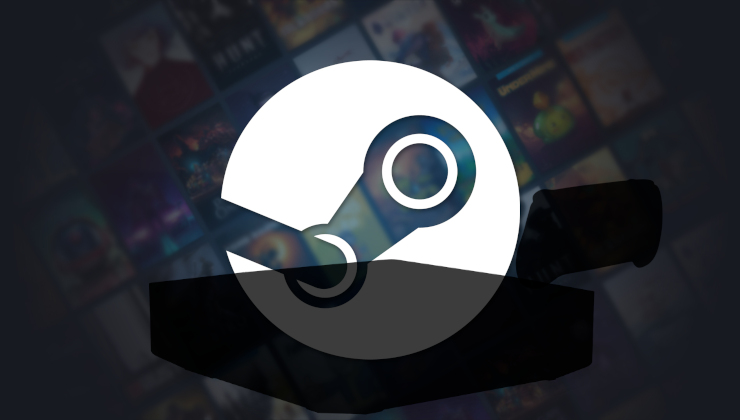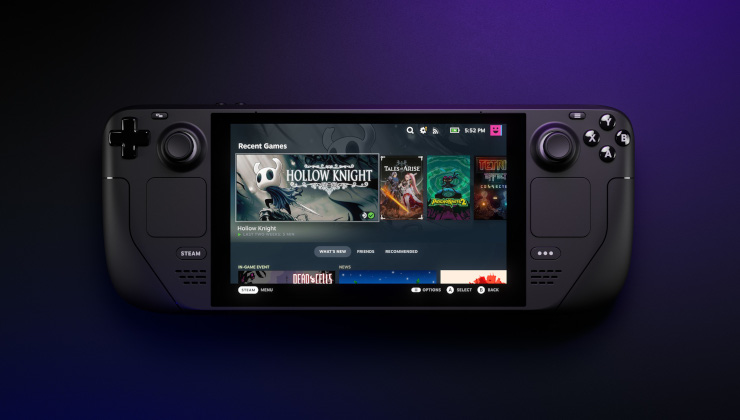According to the website 'Netmarketshare', Desktop Linux has finally hit 2% in June after three consecutive months of growth.
I would still take their figures with a pinch of salt, as there's no truly accurate way to get the overall statistics for each platform.
This does not include Android, even though it is using the Linux Kernel, it's captured separately as a different platform (as it should be).
The way the data is gathered is by using unique hits to over 40,000 websites, while that's rather a lot it is still just a sample.
It's debatable how accurate it is, but it's still pretty nice news to see it grow months in a row to hit an all-time high.
Thanks to all the people who messaged me about it.
I would still take their figures with a pinch of salt, as there's no truly accurate way to get the overall statistics for each platform.
This does not include Android, even though it is using the Linux Kernel, it's captured separately as a different platform (as it should be).
The way the data is gathered is by using unique hits to over 40,000 websites, while that's rather a lot it is still just a sample.
It's debatable how accurate it is, but it's still pretty nice news to see it grow months in a row to hit an all-time high.
Thanks to all the people who messaged me about it.
Some you may have missed, popular articles from the last month:
All posts need to follow our rules. For users logged in: please hit the Report Flag icon on any post that breaks the rules or contains illegal / harmful content. Guest readers can email us for any issues.
Wait a minute now. We're talking about desktop Linux.GNU/Linux is what they meant to write, but like so many people got it wrong.
Shouldn't this discussion be about ChromeOS rather than Android?Both are different operating systems that just happen to share the same kernel. So no.
And isn't ChromeOS a desktop Linux distribution?No, but it does use the Linux kernel.
You can actually chroot a Linux distro very easily within it.Not surprised. Doing so would just be adding some of the GNU user-land that normally exists on GNU/Linux distributions. Almost like running two operating systems at once, similar to how LXC and Docker works only without the namespacing component and tooling.
Presumably you can also run the ChromeOS user-space under GNU/Linux as well in a chroot-like or container fashion, particularly if all the required components are free software.
Last I checked, Chromebook sales had even surpassed Mac laptops.That's news to me, and that's pretty neat. But it's not GNU/Linux and I don't see how we can reasonably include those figures with our user-base.
Isn't it kind of snooty for Linux users to only count a Linux victory if it's their standard of what they consider a "pure" Linux distribution?You are trying to twist the word "Linux" into meaning more than just the kernel, which is why you're getting confused. GNU/Linux distributions and Android/ChromeOS are different operating systems. You can't take an Android application or a ChromeOS application and run it natively on GNU/Linux, and vice-versa. You might be able to do that with a chroot, but that's hardly native and is similar to just running the other OS in a container.
If you're not counting anything that runs the Linux kernel, then shouldn't you get all Stallman-like and call it GNU/Linux?Here you hit the nail on the head. You are absolutely correct; it should read "GNU/Linux Market Share" instead of "Linux Market Share on Desktop".
0 Likes





 How to set, change and reset your SteamOS / Steam Deck desktop sudo password
How to set, change and reset your SteamOS / Steam Deck desktop sudo password How to set up Decky Loader on Steam Deck / SteamOS for easy plugins
How to set up Decky Loader on Steam Deck / SteamOS for easy plugins
See more from me